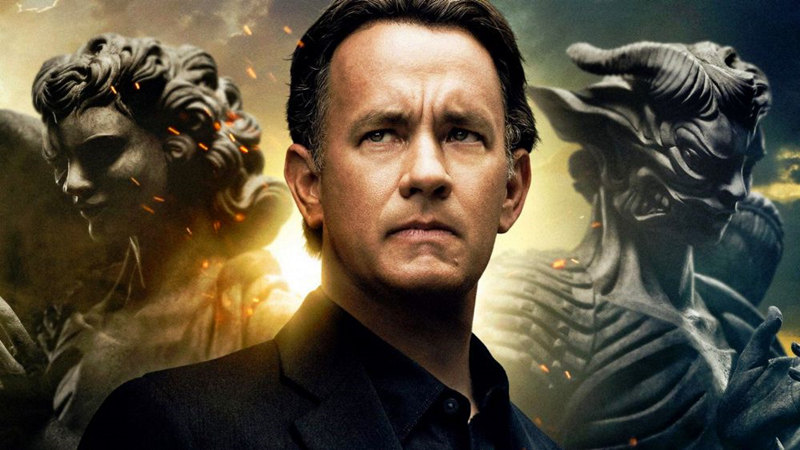David Sinnott’s documentary “Bloodstained Memoirs” presents a series of interviews with professional wrestling greats, both contemporaries like Chris Jericho and Mick Foley, and old-school greats like Jimmy “Superfly” Snuka and Roddy Piper. This special edition also includes an array of extras including an archive match between Snuka and Cactus Jack, and a blooper reel featuring host-segment star Al Snow.
This is in every sense for ardent fans only. Sinott’s documentary technique is bare-bones to say the least—just point the camera at the subject and ask the questions. There is a surprising scarcity of actual match footage, and the string of talking heads quickly becomes monotonous. The interviewer questions provide no background information to explain context, and there is no footage of the events discussed or the holds and moves the wrestlers describe. If you know about jimmy Snuka’s “famous cage flight” or Keiji Mutoh’s preferred pin move, for instance, this could be meaningful. If you don’t already know what they’re talking about, you’ll be headed to the snack bar.
That given, some of the behind-the-scenes stories from the wrestlers are interesting. Roddy Piper describes the knife fight with a fan where he was stabbed. Nora Greenwald talks about the cost of playing a character she hated, and the life of a female wrestler. Japanese legend Keiji Mutoh comes across as especially open and engaging. The wrestlers are occasionally honest about the costs and dangers of their lifestyle, but as this is really just a step up from promotional material, there is no meaningful discussion of the controversies of recent pro wrestling (steroids, the murder-suicide of Chris Benoit and his family).
And even with the occasional highlight, fans may find it a mixed bag. The minimal technique and repetitive format are tough to overcome. In the interview with Chris Jericho, he talks only about the rock band he fronts and his music career. Ultimo Dragon is barely understandable in his interview. The segment on Mick Foley consists solely of footage shot during a book-signing, but is still the highlight of the film, thanks to Foley’s friendly way with the fans.
Video:
“Bloodstained Memoirs” is presented in 16:9 aspect ratio. Given the low technical demands of the film’s interview technique, the video quality is adequate. No video options are included in set up.
Audio:
The audio track is presented in Dolby digital stereo. No audio options are included in the set up. The music mix for the menu is annoyingly louder than the film itself.
Extras:
–additional interview footage with Roddy Piper, Juventud Guerrera, and Christy Hemme
–a 1994 archive match between Cactus Jack and Jimmy Snuka, with some amusing commentary from the announcers
–a painfully unfunny blooper reel featuring Al Snow
–a short 30-second voiceover-only promotion by female wrestling legend Nora Greenwald introducing the film
–wrestling podcaster Arda Ocal and former wrestling ref Jimmy Korderas discussing the film, providing a smidge more background and context, but not much else
–a feature labeled “The Band behind Bloodstained Memoirs”, but is actually a clumsily shot and edited promotion about an iPhone app that apparently makes more footage available
Parting thoughts:
This most basic of all possible documentaries is recommended only for committed fans of professional wrestling. Others are forewarned about the skinny bits of action footage, the repetitive interview technique, and the general low-rent ambience and lazy filmmaking approach.


